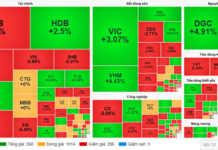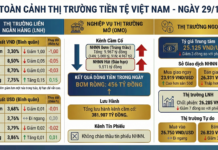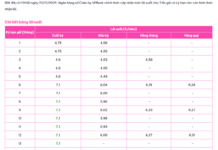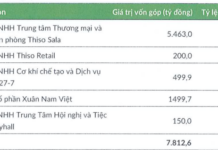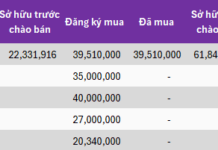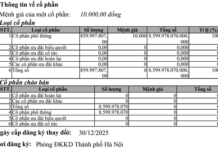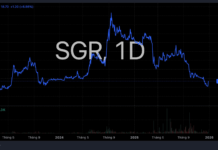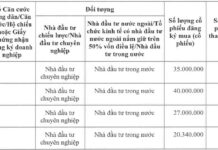Sales and discounts can be a great opportunity to save money, but they can also be a trap that leads to overspending. This is especially true for those with lower incomes, as these deals can significantly impact their monthly finances.
The issue is not with the promotions themselves but with our reaction to the enticing percentages advertised. We often fear missing out on a good deal, leading us to make impulsive purchases that weren’t initially planned.

Illustrative image
When “Cheap” Turns into “Expensive”
It’s common to worry about missing out on a bargain. You might not have planned to buy a new coat, but when you see a “50% off today” sign, you grab it even though your closet is already full. This impulsive purchase takes money away from your planned budget for other necessities like food or transportation, or even your savings.
Behavioral economics refers to this as the scarcity effect – when a deal is limited in time or quantity, we tend to act hastily without considering whether we truly need the item.

Illustrative image
Sales Aren’t Wrong, but Our Buying Approach Matters
Sales and discounts can help you save money, but only if you were already planning to purchase that item. If you’ve been wanting to buy a pair of sneakers and come across a 30% discount, you’ve successfully saved a portion of your budget. However, if you buy out of fear of missing out, the discount is illusory because you’ve spent money on something unnecessary.
What Should We Do?
To avoid falling into the discount trap, reverse your thinking process:
– Identify your needs, budget, and desired items first.
– When hunting for sales, only buy what’s on your list.
– Prioritize promotions for essentials or services you frequently use instead of luxury items just because they’re cheaper.
For those with lower incomes, promotions aren’t just about shopping sprees; they’re about optimizing your finances. Used wisely, each sale can help you save significantly. However, if misused, you’ll end up spending more than intended.

Illustrative image
In reality, promotions aren’t inherently bad. From a personal finance perspective, they can be a tool to optimize your spending if used wisely. Committing to a year-long gym membership, buying household items during major sales, and collecting vouchers for essential expenses are all ways to direct your money effectively.
The key is to distinguish between “buying because I need it” and “buying because it’s cheap.” Sales should be seen as an opportunity to reduce fixed expenses, not an excuse to splurge. Lower-income earners especially need this mindset: promotions can either be a brake to control your spending or a slippery slope that leads to financial strain.
Mitsubishi Xforce Discounted to a Record Low: Massive Price Slash to 539 Million VND, Posing a Serious Challenge to Yaris Cross and Creta
For the very first time, Mitsubishi is offering an incredible deal with a 100% support policy on the Xforce. This is a groundbreaking move by the brand, as they are also offering 50-100% discounts on the registration fee for other models, depending on the trim.
Why Did the MegaLive Sales Phenomenon Suddenly Vanish?
In 2024, the e-commerce landscape is more vibrant than ever, with mega-live sessions generating tens and hundreds of billions in sales. However, these sessions have surprisingly disappeared from the scene lately, leaving many wondering about their absence.


